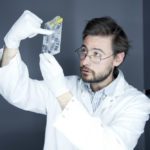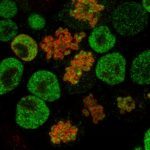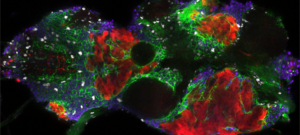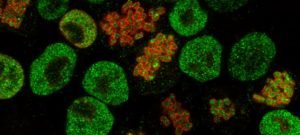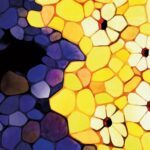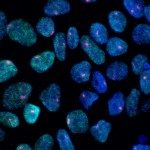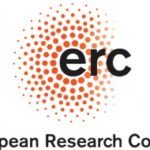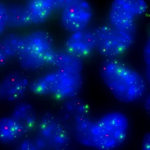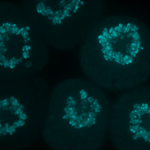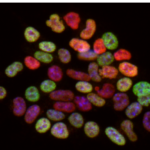I was appointed Principal Investigator at the Institut Pasteur to create the Epigenetics of Stem Cells G5 in September 2013. In 2018, after the positive evaluation by the Scientific Council, my G5 was transformed into a full unit: Epigenomics, proliferation and the identity of cells – EPIC.
Trained as a biologist at the Ecole Normale Supérieure, I pursued my education as a PhD student at the Institut Pasteur. I worked on X-inactivation under the supervision of C. Rougeulle (P. Avner’s lab) and acquired a strong expertise in Epigenetics. Often, this term is misused as a mere replacement for “gene regulation”; the fundamental properties defining epigenetics as a mechanism of regulatory inheritance are rarely considered. Acknowledging this has helped me substantially to focus my research on specific and original questions that ultimately aim at interrogating the molecular determinants of gene regulatory inheritance. My long-term goal has always been, and will remain, to understand how cells perpetuate their properties in their progeny or, on the contrary, enable the acquisition of new fates; a central question for every process involving proliferation. Three categories of molecules and their involvement in gene regulation, epigenetics and cell identity, are at the centre of my research: histones and their modifications; transcription factors; long non-coding RNAs.
My projects address some of the most critical questions in Epigenetics: Is epigenetic regulation the only mechanism conveying regulatory information to daughter cells? Can the action of transcription factors and long non-coding RNAs be by itself epigenetic? Are histone modifications inherently epigenetic or do they require the constant input of upstream regulators? Are these mechanisms functionally important during normal (development) and pathological processes (cancer) involving cell proliferation? Over the last 15 years, my work has fruitfully focused these questions in the context of pluripotency, which poses outstanding conceptual problems, and for which I received high level training as a student and, more specifically, as a postdoc in I. Chambers’ lab in Edinburgh. In my lab, however, the scope of my scientific activity has extended to the mouse embryo itself, to other stem cell populations and, also, to cancer biology.
